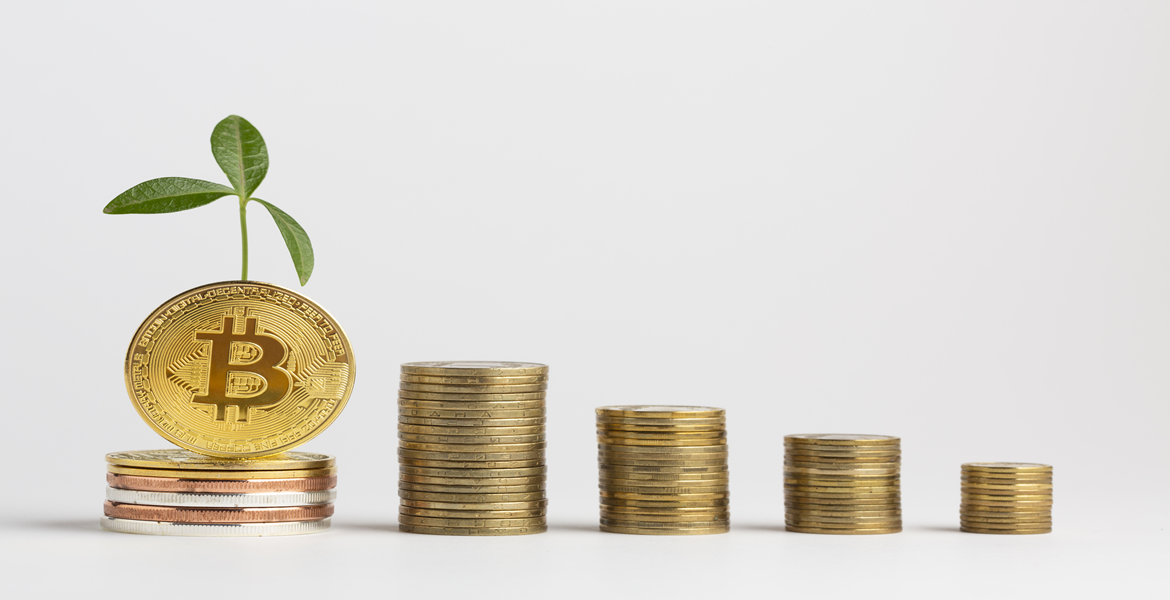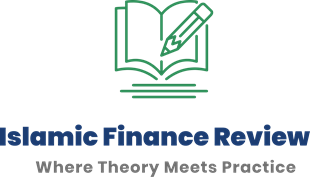
Crypto Meets Shariah: Navigating Islamic-Compliant Digital Investments
- Post by: wp-islamicfinancereviewcouk
- July 16, 2025
- No Comment
🔍 Introduction
The rise of cryptocurrency has revolutionized global finance, prompting an important debate in Islamic finance circles: Can cryptocurrency be aligned with Shariah principles? Binance’s recent launch of a Shariah-compliant investment platform signifies a transformative shift, allowing Muslim investors to engage with digital assets ethically. This article explores the potential, challenges, and future pathways of integrating cryptocurrency within the Islamic finance ecosystem.
📖 Guidance from the Quran and Sunnah
Islamic finance is grounded in principles clearly stated in the Quran and Sunnah. Allah says in the Quran:
“O you who have believed, do not consume one another’s wealth unjustly but only [in lawful] business by mutual consent.” (Quran 4:29)
This verse underscores the importance of ethical conduct, transparency, and mutual consent in financial dealings, elements critical to the integration of cryptocurrency.
Similarly, the Prophet Muhammad (peace be upon him) emphasized transparency in trade:
“The buyer and seller have the option of cancelling or confirming the bargain as long as they have not parted, and if both parties spoke the truth and described the defects and qualities (of the goods), then they would be blessed in their transaction.” (Sahih Bukhari, Book of Sales)
🕌 Ensuring Shariah Compliance in Crypto
For cryptocurrencies to be Shariah-compliant, they must adhere strictly to key Islamic financial principles, including:
- Avoidance of Riba (Interest): Ensuring transactions are interest-free and backed by tangible or clearly defined assets (Al-Zuhayli, 2008).
- Avoidance of Gharar (Uncertainty): Establishing clear, transparent mechanisms to minimize excessive risk (Shanmugam & Fisher, 2004).
- Avoidance of Haram Activities: Ensuring crypto-assets are not linked to prohibited industries like gambling, alcohol, or speculation.
🌍 Global Implications and Opportunities
Binance’s initiative is part of a wider fintech wave merging Islamic finance with technology:
- Tokenized Sukuk: GCC countries explore blockchain-based sukuk, enhancing efficiency and investor inclusion (Shihata, 1985; DOI: 10.1017/S0020743800052821).
- Financial Inclusion: Digital platforms facilitate easier and Shariah-compliant access to financial services, aligning with the Islamic principle of social equity and wealth distribution (Mohieldin et al., 2014; DOI: 10.1596/1813-9450-7104).
Allah emphasizes social justice and financial inclusion in the Quran:
“In order that wealth may not merely circulate among your rich.” (Quran 59:7)
📈 Opportunities for Islamic Finance
| Area | Opportunity |
|---|---|
| Innovative Products | Shariah-compliant crypto wallets, investment funds, and halal NFTs. |
| Enhanced Transparency | Blockchain technology offers unprecedented transparency and fairness. |
| Green Finance | Blockchain-based green sukuk for sustainable, ethical investing. |
| Youth Participation | Engaging tech-savvy younger generations with ethical fintech options. |
⚠️ Challenges and Considerations
- Price Volatility: Cryptocurrencies’ fluctuations present gharar concerns that must be clearly addressed.
- Diverse Scholarly Opinions: Consistent scholarly consensus is needed to clarify Shariah status.
- Regulatory Ambiguity: Clear guidelines from Islamic regulatory bodies are essential for confidence.
📌 Final Reflection
Integrating cryptocurrency into Islamic finance represents a significant opportunity aligned with core Islamic values of transparency, justice, and mutual benefit. Platforms like Binance demonstrate the potential of fintech to expand ethical investment options. However, continued scholarly guidance, robust regulation, and investor education remain crucial.
In embracing this innovation, we heed the Prophet’s (peace be upon him) guidance on ethical trade and mutual trust:
“May Allah have mercy on a person who is easygoing when he sells, easygoing when he buys, and easygoing when he seeks his rights.” (Sahih Bukhari, Book of Sales)
📚 References
- Al-Zuhayli, W. (2008). Al-Fiqh al-Islami wa Adillatuh. Damascus: Dar al-Fikr.
- Shanmugam, B., & Fisher, B. (2004). “The Jurisprudence of Formalism in Islamic Banking.” Selangor Journal of Shariah Law Research, 6, 77–98.
- Shihata, M. F. I. (1985). “Islamic Banking: Theory and Practice.” International Journal of Middle East Studies, 17(2), 231–255. DOI: 10.1017/S0020743800052821
- Mohieldin, M., Iqbal, Z., Rostom, A., & Fu, X. (2014). The Role of Islamic Finance in Enhancing Financial Inclusion in Organization of Islamic Cooperation (OIC) Countries. World Bank Policy Research Working Paper No. 7104. DOI: 10.1596/1813-9450-7104
